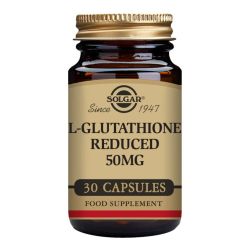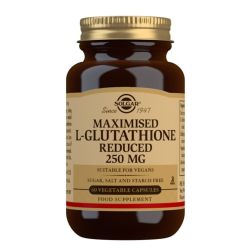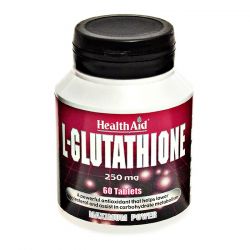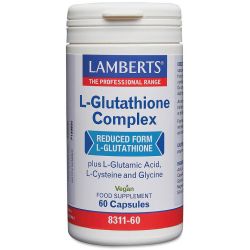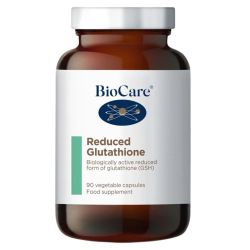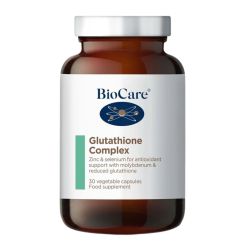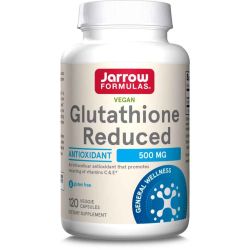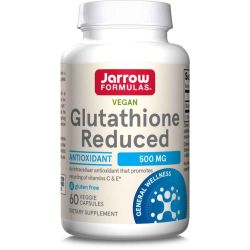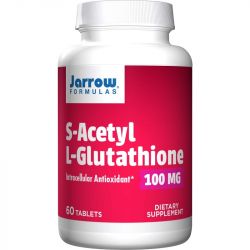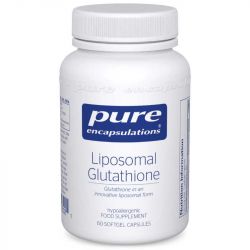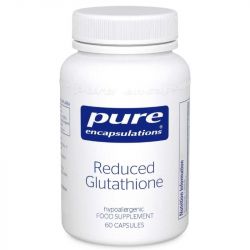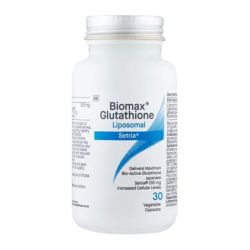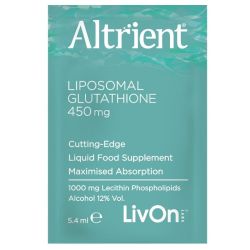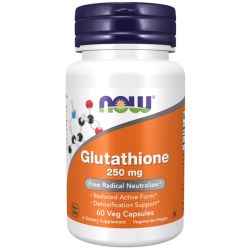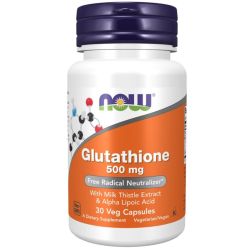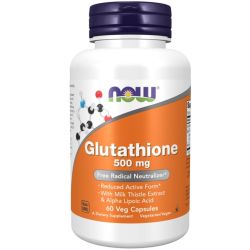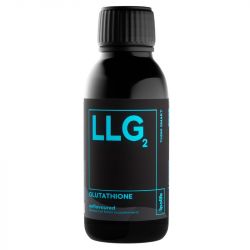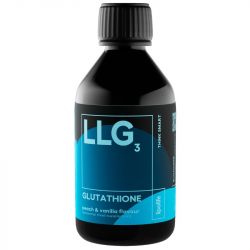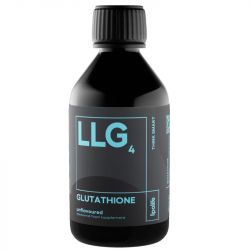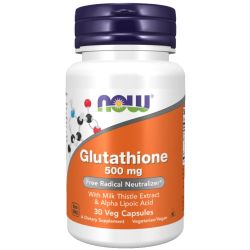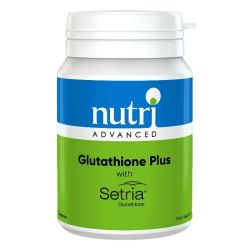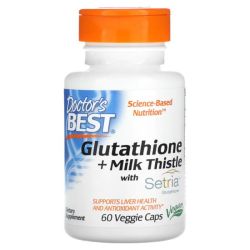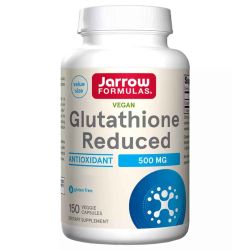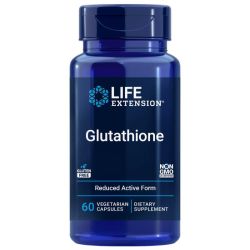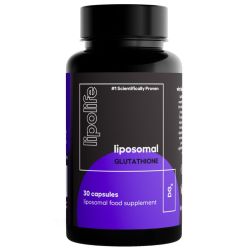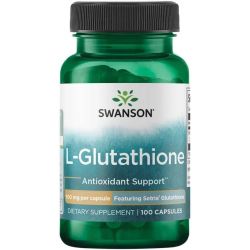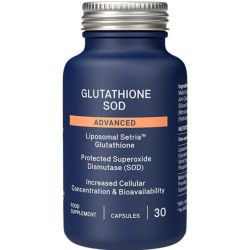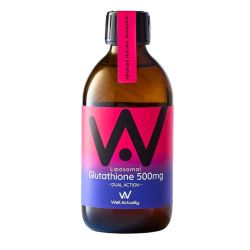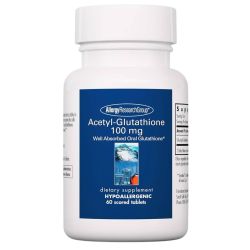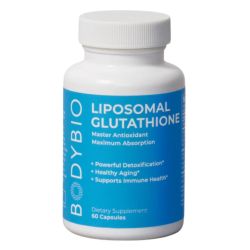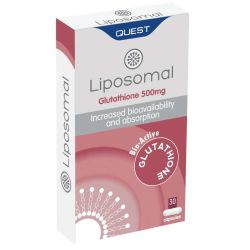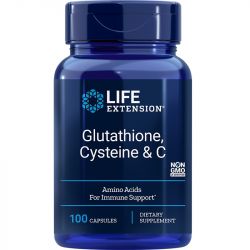Glutathione Supplements
We produce glutathione naturally in our liver. It is an important antioxidant that can be found in meat, fruit and vegetables. It is used to help with eye issues like cataracts and glaucoma. Glutathione supplementation can also help deal with issues related to: heart disease, high cholesterol, osteoarthritis, chronic fatigue syndrome and degenerative brain conditions like Alzheimer's.
Oral glutathione supplementation is sometimes necessary as, even with a varied diet, we don’t always have optimum glutathione levels. Taking glutathione tablets, capsules or as a liquid supplement is an easy way to get a regular dose. Glutathione supplementation is also used by healthcare providers for treating drug and metal poisoning.
- Well Actually Reduced L-Glutathione 500mg Dual Action 250mlSpecial Price £43.19 Regular Price £47.99
All you need to know about Glutathione
What are the benefits of glutathione?
Glutathione is an antioxidant that helps reduce oxidative stress in the body. It also helps repair cell damage caused by fatty liver disease, and can be used to treat heart and circulatory conditions such as peripheral artery disease. It can help treat diabetes by improving insulin resistance, and can also help improve symptoms of Alzheimer's and Parkinson's disease. It is very useful in treating autoimmune conditions, but you should always consult your doctor before taking glutathione.
What does glutathione do to your skin?
As glutathione is a natural antioxidant that is found in our cells, it detoxifies and neutralises free radicals, while helping to boost the immune system. It can clear skin of spots, helping people with conditions such as acne, as it makes the skin clearer and calmer. It can also make the skin look brighter and fresher, because it deactivates an enzyme called tyrosinase, which is responsible for skin pigmentation.
Which foods are high in glutathione?
You should get all the glutathione you need through your diet, as it is an important nutrient that can help to stimulate the immune system and fight infection. The rind of watermelon is very high in glutathione, as are brassicas such as brussels sprouts, broccoli and cauliflower. You can also find glutathione from other leafy vegetables like spinach and greens.
What are the side effects of glutathione?
There is little research out there as to what effects glutathione supplements actually have on the body (in comparison to glutathione we receive naturally through our diet). Common complaints include bloating and cramping in the stomach, as well as bloating. Some people also experience allergic reactions and skin rashes.

